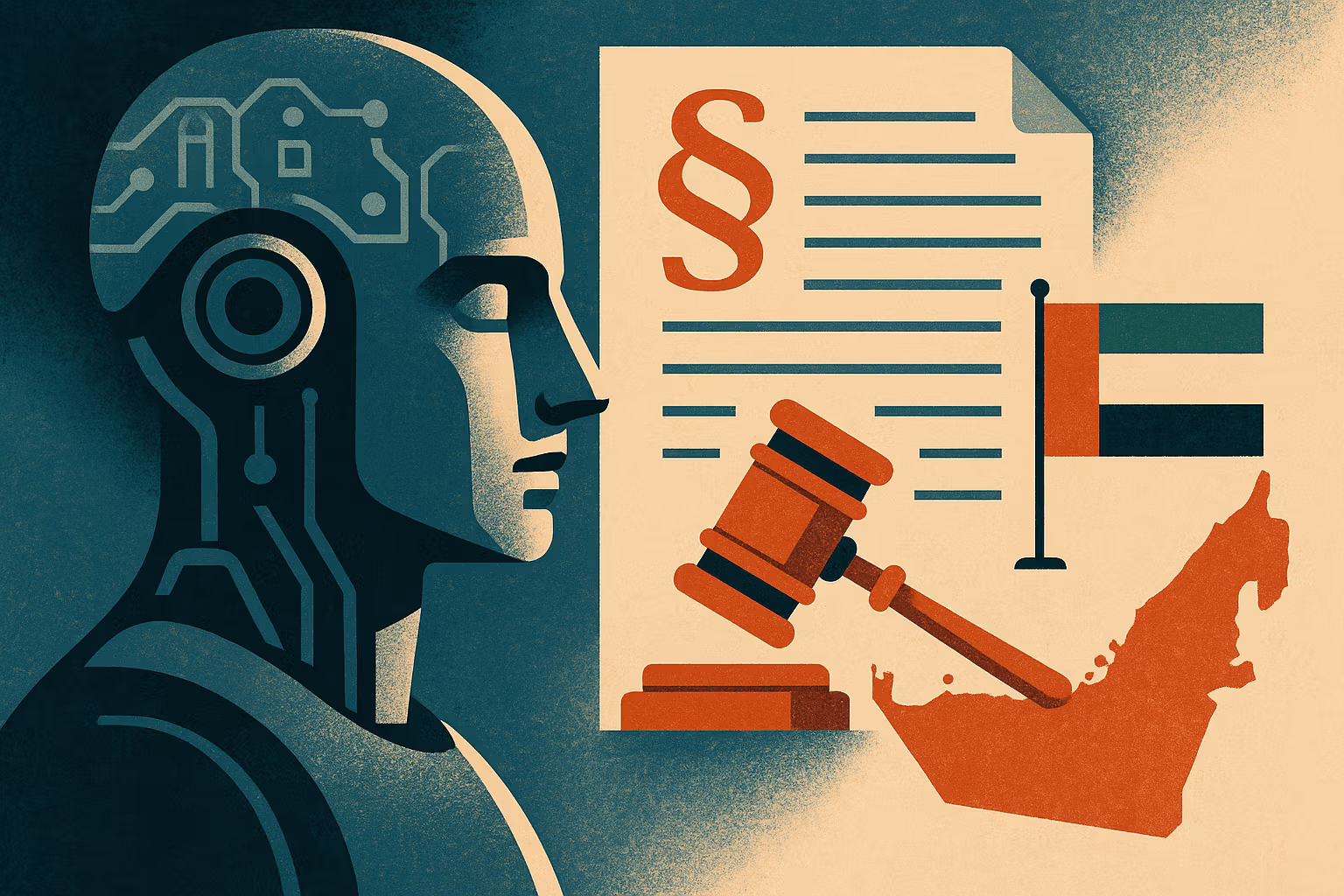The United Arab Emirates (UAE) has launched a landmark initiative that makes it the first country in the world to deploy artificial intelligence (AI) in the formal creation, amendment, and review of legislation. With the unveiling of this AI-based legal architecture, the UAE aims to streamline its legislative process, reduce delays, and enhance policy responsiveness in an increasingly data-driven society.
At the heart of this initiative is the newly formed Regulatory Intelligence Office, a government unit tasked with overseeing AI-driven lawmaking. The office will supervise a smart system that continuously analyzes the socioeconomic impact of existing laws, enabling real-time updates and policy reform. Officials estimate that this system could accelerate legislative cycles by up to 70%, dramatically reducing the bureaucratic friction typically associated with drafting and amending laws.
The AI framework will maintain a unified digital map linking all federal and local laws with judicial rulings, administrative procedures, and public services. According to a report from Babel.ua, the platform will be further connected to international legal databases and research centers to ensure global alignment and foster innovation in governance.
While the initiative has drawn international praise for its ambition, it has also sparked debate. Vincent Straub, a legal technology researcher at the University of Oxford, warned of potential pitfalls. “AI systems, particularly those based on large language models, are known to generate unpredictable or opaque results,” he said, emphasizing the need for human oversight in legislative drafting.
Critics have raised concerns about the lack of transparency in AI-generated outputs and the possibility of codifying bias into law. Legal scholars urge caution, noting that no algorithm can replace the ethical and philosophical nuance embedded in centuries of human jurisprudence. Thomson Reuters analysts also point out that regulatory frameworks for AI remain underdeveloped in many parts of the world, including in the Middle East.
Despite these challenges, the UAE views this step as part of its long-term vision to become a global leader in AI governance. The move reflects broader national goals to integrate smart systems into public administration, strengthen institutional agility, and promote data-informed policymaking.
The global legal community will be watching closely. If the UAE succeeds in demonstrating both technological efficiency and ethical stewardship, it may set a precedent for how governments worldwide can balance innovation with democratic accountability.
